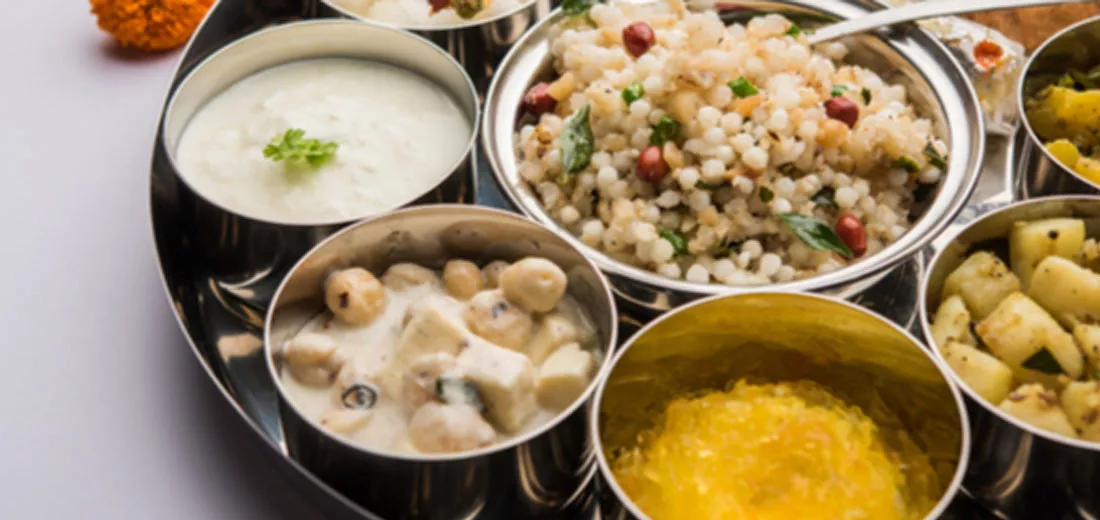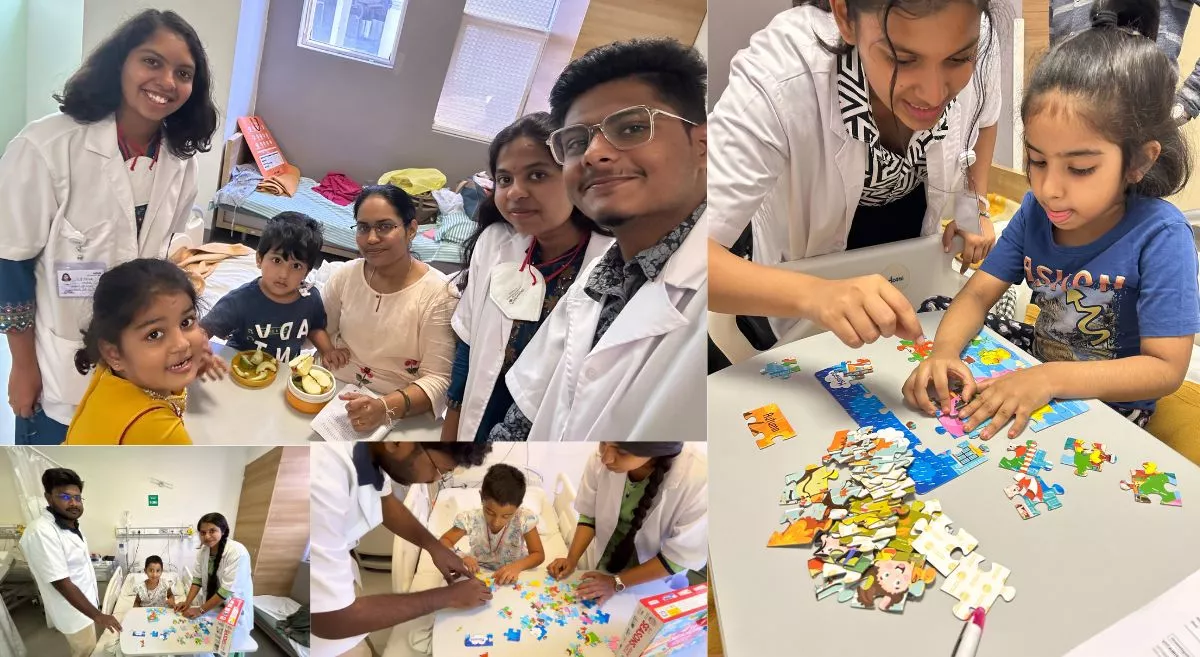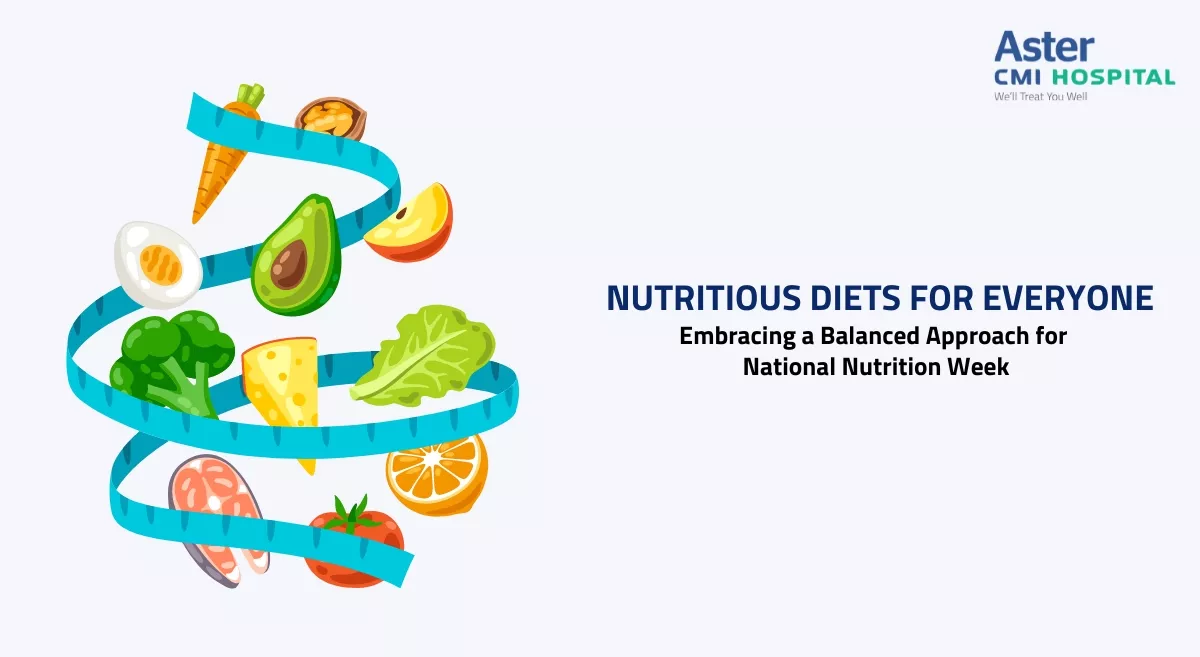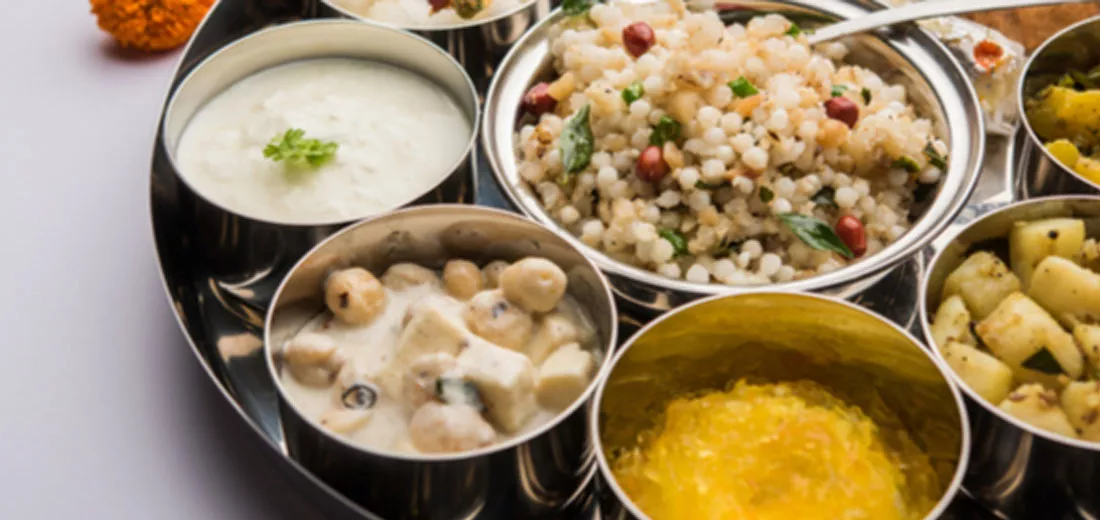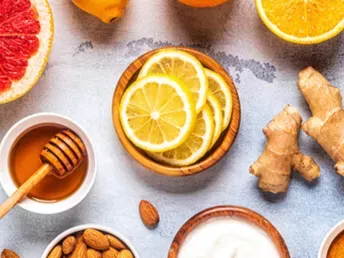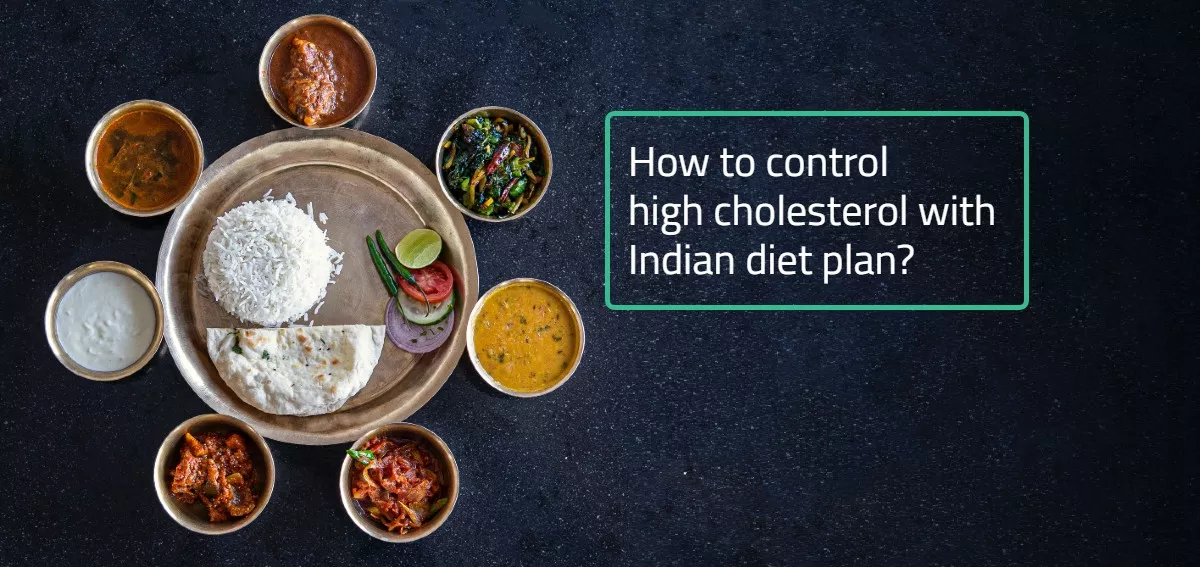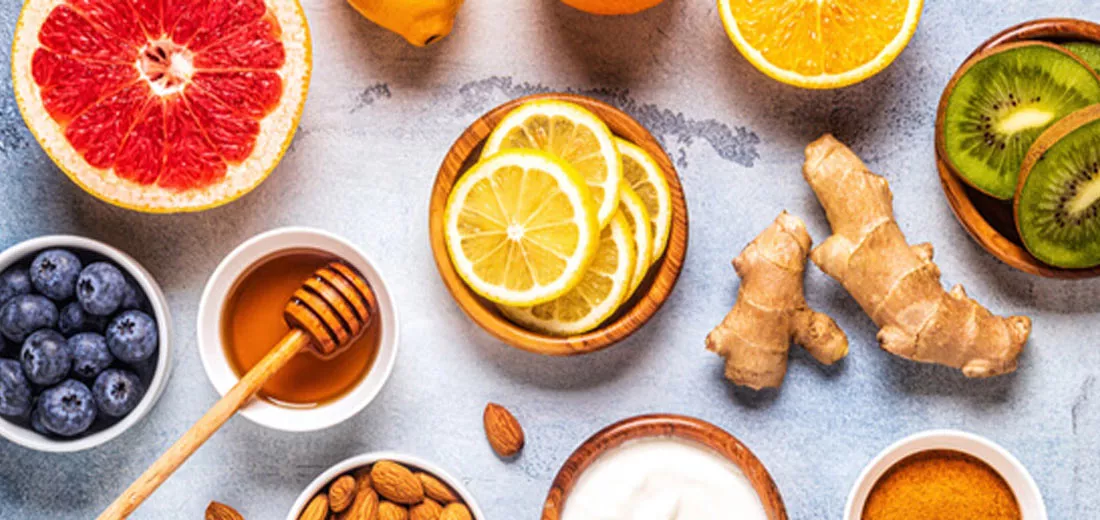Navaratri being an auspicious time ends with a great celebration during Dussehra across the country. Many Indians celebrate this grand festival with great pomp and show.
From preparing mouth-watering dishes to wearing new clothes and enjoying Garba to keeping a fast, everyone celebrates this festival in several different ways. During this period, if you have planned to keep a 9-day-fast, then here are some healthy some tips for you on how this period of fasting can benefit your overall health - The most popular rules of Navaratri fasting is to avoiding wheat, rice, onion, garlic, meat, refined foods, alcohol, etc. Switching to ‘vrat’ foods like amaranth seeds (Rajgeera), buckwheat (kattu), health grains like millets, water chestnut(singhara), sago, foxnut, fruits, dairy which traditionally has been followed and helps to give a break for your gut before the winter begins.
These vrat foods offer a wide range of magical benefits:
Rajgeera (amaranth seeds): a pseudo cereal and our Indian quinoa, gluten-free rich in fiber,carbs, protein & minerals.
Kattu (Buckwheat): A gluten-free grain that is not from the wheat family is known for antioxidants, fiber, B vitamins, essential amino acids.
Siridhanya (Millets): an excellent source of calcium, fiber, iron, protein, etc. and a gluten free grain.
Sago (sabudana): A carb-rich and a great source of energy after you break your fast.
Singhara (water chestnut): They contain 74% of water and ideal during fasting days and a good source of potassium and antioxidants.
Foxnut(makhana): It is safe for diabetics and weight watchers which adds to your mineral requirement.
Furthermore, individuals can also consider making the following Navaratri recipe to keep their nutrition levels intact–
Makhana Raitha
Sago and moong dhal veg kichadi
Sago coconut milk kheer with nuts & stevia
Kattu with methi leaves roti
Buckwheat (kattu) dosa
Sago & Dal fritters
Roasted foxnut
Rajgeera (amaranth seeds) parantha with curd
Millet dosa
Sogo veg raitha
Millet veg and peas upma
Tender coconut water
Mint buttermilk/dry fruit lassi
Yogurt smoothie with fruit & nuts
Roasted plantain slice
Boiled sweet potato with curd
Singhara(water chestnut) veg & paneer roti/pakora
Paneer and millet Tikki.
Is fasting considered healthy?
Fasting is a spiritual practice that is found to strengthen the relationship with God. The whole method behind fasting is that you are allowing the insulin levels to drop far enough and activate your body to use deposited fat to burn off. You can seek medical help from the Best Hospital in Bangalore to know more about health and nutrition benefits.
Hence, fasting has benefits in treating obesity, diabetes, cardiovascular disease, cancers, and neurological disorders. But, after the days of fasting you may end up with severe bloating, nausea, or overeating in most of them, imbalance in the intake of adequate nutrients, so fasting can also carry negative implications on your health and wellbeing. Fasting may not be suitable for everyone, so check with your healthcare provider before you practice it.
Health guide during Dussehra season:
During fasting hours, it is necessary to sip non-calorie fluids or water throughout the day to stay hydrated. Fruit-infused water with a pinch of rock salt.
You can break your fast with fruits or dry fruit initially which provides you with quick energy from carbs thereby cereal, vegetables, and lentil-based light meal with curd/buttermilk/ yogurt can be consumed to prevent fatigue, weakness, or muscle loss.
Food preparation from sago(sabudana) which is rich in carbs but low in protein is ideal to choose post fasting with a combination of lentil /dal, vegetable, and oil or buckwheat or millets can be preferred which are healthy to prevent a surge in blood sugar levels.
Continue to involve yourself in light physical activity rather than heavy exercise which demands more hydration & nutrients.
If you are elderly on medicines then consult your Doctor or Nutritionist before practising fasting.
Do not indulge in heavy meals on the day of the Dussehra celebration if you have been fasting for nine long days, start with short frequent meals to prevent bloating or indigestion and continue to enjoy your favourite meal.
If you have not followed fasting but would prefer to enjoy the festive season treats with family then it is necessary to keep a close watch on what you eat. Limit the use of salt, sugar, Maida & soda-based preparations.
Try some healthy festive treats along with routine preparation to bring a balance and prevent overload of unhealthy carbs or fat in your diet.
Avoid consuming excess caffeinated drinks such as coffee, fizzy drinks, tea, green tea, etc. Caffeine makes you more dehydrated.
Fasting is not meant for pregnant women, children, and those who are breastfeeding.
Consult the Best Dietitian Nutritionists In Bangalore at Aster CMI Hospital, Hebbal.
